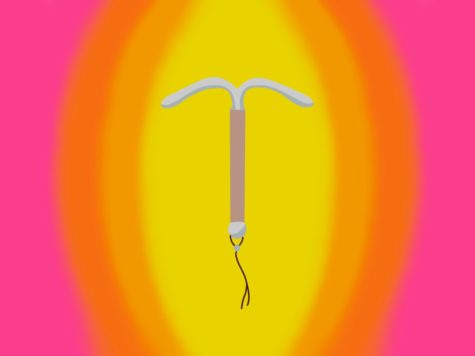Emergency contraceptive weight limits facilitate medical fatphobia
April 29, 2022

One in nine sexually experienced women have had to use an emergency contraceptive. The most common form of emergency contraception is Plan B, but it was not made to work on everybody.
Plan B has a weight limit of 155 pounds. If you weigh more than that, you can still take Plan B but it will be significantly less effective. In fact, if a woman’s BMI is over 30, the pill entirely stops working and can actually increase the risk of pregnancy.
This is especially concerning because the average weight of a woman in America is 170.6 pounds, which is significantly over that weight limit.
In 2010, a new pill, “ella,” was introduced as another option. While it is often advertised to work for all weight classes, the fact that its effectiveness decreases if a woman is over 195 pounds is often overlooked.
Unlike Plan B, ella is not available over the counter. In order to obtain ella, you must set up an appointment with a doctor for them to write you a prescription. This adds an additional cost and step to acquiring emergency contraception therefore making it less discrete, more expensive without insurance and less accessible.
If you weigh over 195 pounds, the best option available after unprotected sex is an IUD. This option adds another layer of conflict, on top of the price and doctors visits, to getting an emergency contraceptive: pain. Most commonly, the insertion of an intrauterine device, which can be very painful, is done without anesthesia, although anesthesia can now be administered in some clinics upon request.
Overall, the IUD is most effective in preventing pregnancy after unprotected sex, followed by ella which is more effective than Plan B even in the weight class under 155 pounds. But, Plan B is the most accessible, so it is the option chosen by most people even though it may not be the best option for their situation.
The lack of accessible contraceptives for overweight and obese women often leave them without reliable options if they find themselves to be victims of rape or sexual assualt.
The medical field has carried this pattern of fatphobia against women especially, often seeing treatments targeted at thinner women as motivation for larger women to lose weight.
Male medical products, like Viagra, do not have weight limits. It can be assumed that if it was a man in need of an emergency contraceptive the need, research and availability of one for men of all weights would be more dire because society is more accepting of larger men than larger women.
No one regardless of their size, race, sex or gender should be denied the right and accessibility to medical care and options. The needs of one phenotype do not outweigh the needs of another.








Leave a Comment